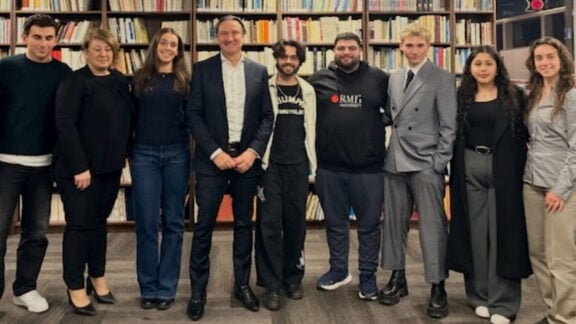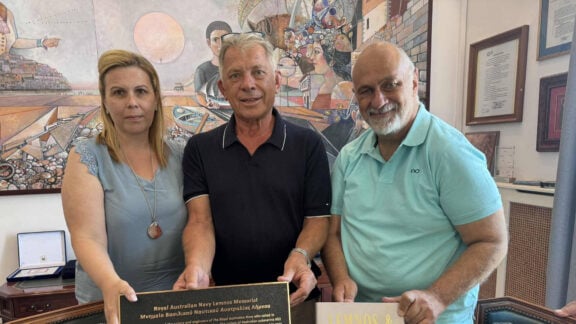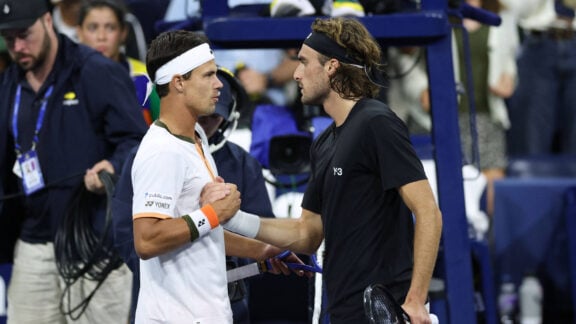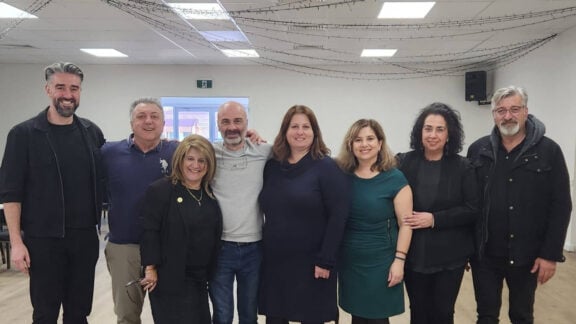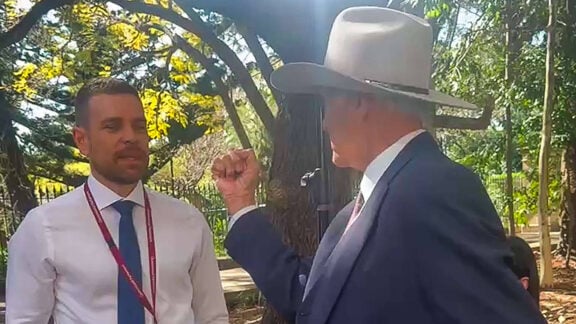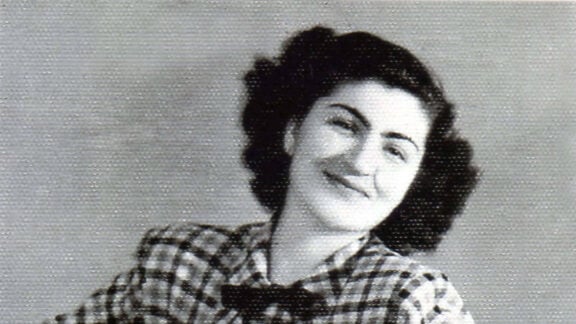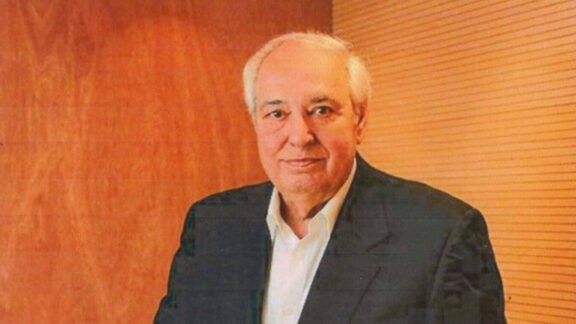Prime Minister Anthony Albanese’s first speech to his parliamentary colleagues sought to set a new tone on cultural issues, with the promise that his government would do politics in a less divisive way.
It was a signal that the new prime minister would seek to mend fences and end the culture wars.
“We need to change the way that politics operates in this country. We need to be more inclusive.
“We need to be prepared to engage on those issues. We can do that in this parliament.”
Mr Albanese said his government would involve all Australians including multicultural communities, people of faith and the LGBTIQ community.
He said that the election result was a clear rejection of the previous government’s attempt to “wedge people” and cause division.
“We saw that during the election campaign, whereby some very vulnerable people were singled out … adding to their vilification,” Mr Albanese said.
“We’re a better country than that. We shouldn’t do that ever. Ever.”
Mr Albanese’s it seems is using a consensus approach to the cultural issues that have caused divisions between outer and inner suburbs, and within multicultural communities.
The prime minister is aware of the impact debates on sexuality, gender and identity have had in faith communities in multicultural Australia.
Labor’s pre-election commitment of over $10 million to projects by the Greek Orthodox Archdiocese is a signal of Mr Albanese’s desire to be seen to support faith, as much as secular concerns.
Broadening the centre seems to be the new prime minister’s desire. The Teal Wave of independents – middle class professional women – who took traditional Liberal seats in the inner city leafy suburbs was seen as a rejection of the former government’s approach to women, climate change and gender identity.
Peter Dutton, the new Liberal party leader, has vowed to look out for what he called the “forgotten people” in the suburbs and regions, who are less inclined to inner city progressive agendas.

